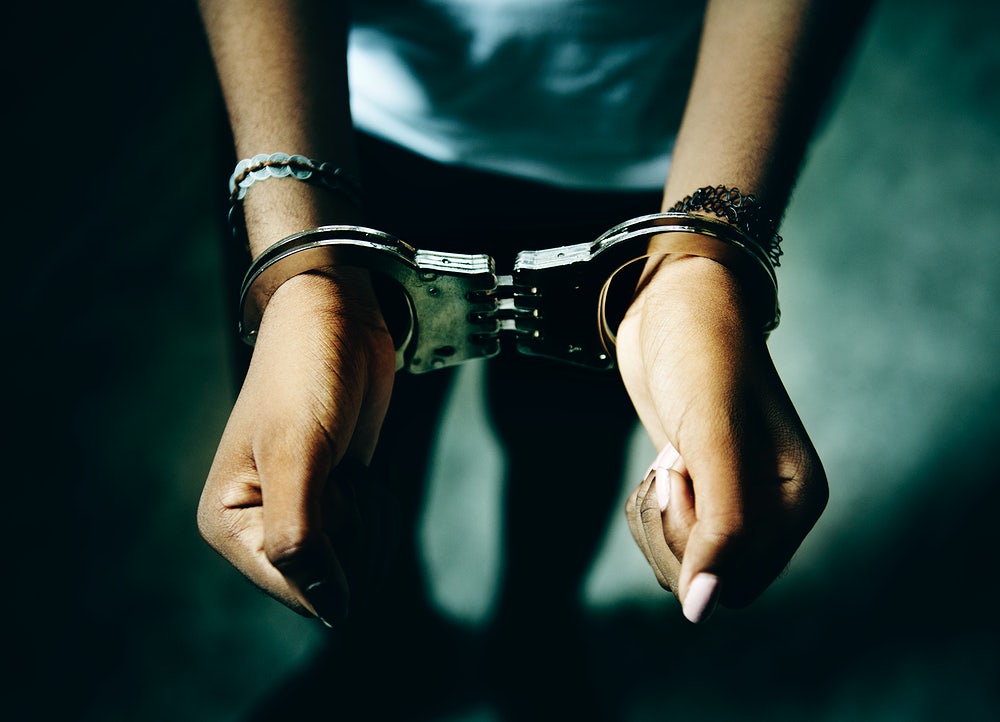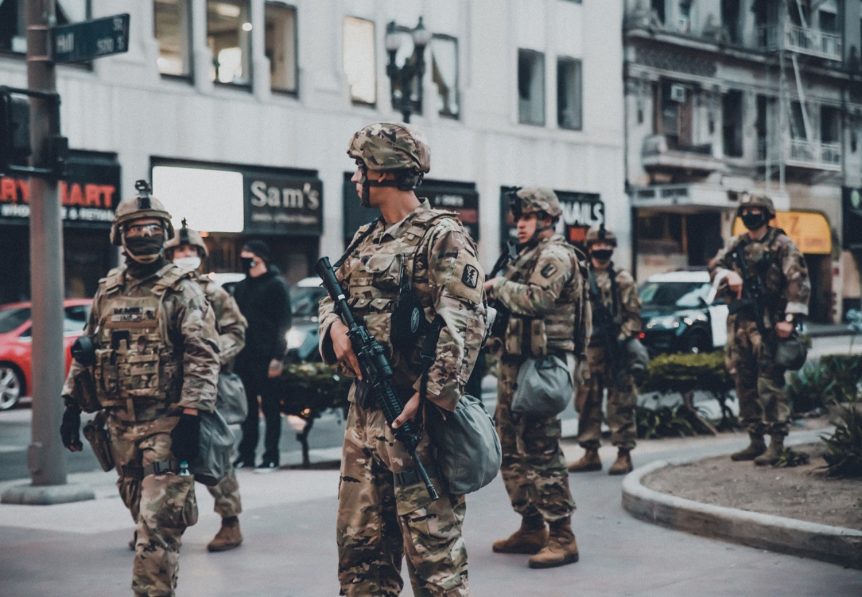One of the things that make the United States the greatest nation on earth is the Constitution. It protects the fundamental rights and liberties of the citizens.
This fact could be the reason why several people have a problem with curfews since it feels like an infringement on their constitutional right to freedom of movement.
As part of the several measures taken to slow the spread of COVID-19, many states have imposed a curfew on businesses and establishments where people may gather in large numbers. The coronavirus curfew, however, doesn’t apply to the essential service providers.
It begs the question – Are curfews legal? And, if so, what are the legal consequences of breaking curfew? Here’s everything you need to know.
Are Curfews Legal?
First off, a curfew is a law that bans or limits your right to be out in public areas at specific times.
More often than not, these laws target businesses, requiring them to close operations between certain hours of the day or night. Other types of curfews target juveniles limiting the times when they can be out in public without adult supervision.
As for the question of the legality of curfews, the short answer is – yes, they are indeed legal. Both local and state governments alike have the power to set curfews and other movement restrictions in certain extraneous circumstances.
This is because the burden of the responsibility to safeguard public health and safety falls squarely on the shoulders of local and state governments – to a much larger extent than the federal government.
It is important to keep in mind though that “mandatory curfew” applies only to public property. So, while you might live in a city with curfew laws in force, you’re free to roam around your driveway, backyard, porch, patio, or deck. Nonetheless, specific city ordinances such as “quiet hours” may also apply.

Types of Curfew Laws
There are three types of curfew laws that exist in the US. These are detailed below.
1. Emergency Curfew Laws
These are generally temporary directives issued by local, state, or federal governments in response to particular crises including:
- Natural disasters like explosions, forest fires, or hurricanes
- Persistent civil disturbances including terrorist threats, violent protests, or riots
- Public health disasters like a pandemic, outbreak of a highly contagious disease, or quarantine
In March 2020, for instance, several states declared a state of emergency. This gave their respective governments the authority to impose an emergency curfew to slow the spread of the coronavirus for the duration of the global pandemic.
Going further back to August 2008, New Orleans instituted a “dusk-to-dawn” curfew due to the impending threat of Hurricane Gustav as it approached the Gulf Coast.
An emergency curfew may impose the following measures:
- Prohibiting pedestrians from biking, walking, sitting, or standing
- Prohibiting the movement or parking of motor vehicles in specific places
- Prohibiting the operation of businesses between certain hours
- Allowing for the movement of healthcare workers for emergency calls, utility service providers, and patients
- Allowing the operation of designated essential services including hospital, police, and fire services
Emergency Curfew Violation Consequences
Breaking emergency curfew laws is punishable by fines, jail time, or probation. The nature and severity of the punishments vary from one state to another.
2. Business Curfew Laws
Curfews imposed on businesses are designed to maintain and promote public health and safety in times of crisis. These types of curfews are usually placed on businesses that operate in heavily populated areas where people are likely to gather in large numbers – which would fuel the spread of diseases like coronavirus.
They are also imposed on businesses that operate in places that have a higher-than-average crime rate, forcing them to remain closed during late-night hours. Business curfew laws usually target restaurants, bars, and popular stores. Pharmacies, however, are the exception since they are deemed to be an essential service.
Business curfew violation carries with it some hefty penalties for any entity found flouting the rules. The severity of the fines ultimately depends on the government agency charged with enforcing that particular curfew law.
3. Juvenile Curfew Laws
This type of curfew law is normally enacted at the local or state level. It usually prohibits individuals of a certain age – usually those under 18, from being out in public at certain times when not accompanied by an adult, or from accessing certain businesses between specific times.
Juvenile curfew hours are typically between 11 p.m. and 6 a.m., with the goal being to prevent juvenile crime and maintain social order. In the year 2008 in Birmingham, Alabama, minors aged 17 and below were prohibited from being out on the streets past 9 p.m. during weekdays and 11 p.m. on the weekends.
Any child found violating those rules would be slapped with a $500 fine that the parents would usually have to pay. In other states, the penalties may require that the child complete a specific number of hours of community service if they break curfew.
Is a Curfew Violation a Criminal Offense
A frequently asked question is – What happens if you break curfew? Well, for starters, breaking curfew is a crime. So, a violation of the same is punishable by jail time, fines, probation, or in the case of juvenile curfew – community service.
The severity of the punishment all boils down to the government agency charged with enforcing the law. Violating a state curfew directive would carry much stiffer penalties than violating a local one.
Keep in mind though that direct orders from law enforcement or public safety officers override curfew laws. So, if you disobey a direct police order to “get down,” “get out,” or “go inside” within or outside of curfew hours, you will be arrested and charged.
Talk to a Criminal Lawyer
Bottom line: Are curfews legal? Yes, they are. Curfew laws are usually passed in times when the health, safety, and wellbeing of the general public are at risk. This could be during natural calamities, persistent civil disturbances, or public health disasters.
Breaking these laws carries with it some very real legal consequences. So, if you’ve been arrested for violating curfew orders in your city or state, ensure that you get a competent criminal attorney to help you fight those charges.
If you have any legal questions, feel free to chat online with a Laws101.com attorney.
